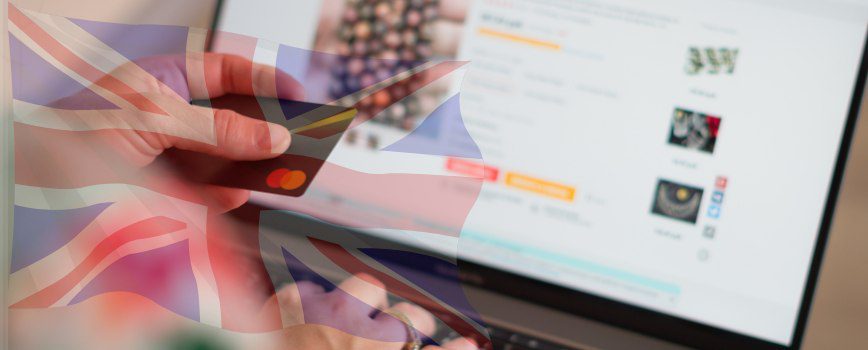The numbers are hard to ignore. Britain’s illegal online gambling market has grown by more than threefold since 2022. Yield Sec, which monitors the sector, says unlicensed operators now account for about nine percent of the country’s online betting. That’s roughly £379 million in revenue in just the first six months of 2025.
But here’s the unsettling part—it’s not the usual story of tax hikes or over-regulation driving players away from licensed companies. The growth is being fuelled by something more cynical. Criminal groups are actively hunting down the people who are supposed to be protected: the half a million-plus gamblers who’ve put themselves on Gamstop, the UK’s self-exclusion register.
Yield Sec’s data shows that 84 percent of illegal gambling activity in Britain is tied to so-called “not on Gamstop” promotions. These sites openly advertise themselves as alternatives for anyone locked out of legal betting platforms. For the 532,000 people who have self-excluded, that lure is direct, and brutal. Collectively, they’re now losing an estimated £426 million a year to illegal operators. On average, each self-excluded player parts with about £2,000 annually—money they specifically tried to protect themselves from losing.
The scale is staggering. While the licensed sector counts around 2,000 operators, the black market already has more than 700 unlicensed sites targeting British users. And it doesn’t stop there—behind them sits a web of more than 1,600 affiliates, paid to funnel players straight into these unregulated casinos and sportsbooks.
How do they keep the money moving when banks block transactions from self-excluded players? Cryptocurrency. It’s the obvious workaround. Bitcoin, Tether, whatever’s liquid and easy to move. For gamblers, it’s a way around blocks; for the operators, it’s near-perfect cover—anonymous, borderless, hard to seize.
The UK Gambling Commission has been trying to fight back. In 2025 alone, they’ve issued 334 cease-and-desist orders and blocked over 30,600 URLs linked to illegal gambling. Yet, as regulators themselves admit, it’s a game of whack-a-mole. Shut one down and another appears almost immediately under a fresh domain.
On September 3rd, Tim Miller, one of the commission’s executive directors, gave a speech that spelled it out: illegal operators are “systematically undermining protections.” A few weeks later, on September 18th, the commission released new consumer research confirming that self-excluded players are the ones most likely to respond to “not on GamStop” ads.
Politically, this is becoming messy. Parliament has already seen MPs reopen a stalled inquiry into gambling reform. At the same time, reports from industry outlets warn of a massive boom in illegal gambling and the risks it carries. Meanwhile, political pressure is growing for a gambling tax hike in the November budget. Operators argue that higher taxes may only worsen the competitive gap between licensed and unlicensed sites.
And that’s really the point. Britain now has a situation where nearly one in ten online bets is placed with an unlicensed operator. The growth isn’t some by-product of fiscal policy—it’s the result of criminals flipping a consumer protection system into a marketing tool. Self-exclusion was supposed to reduce harm. Currently, it’s being used to find easy prey.
References
- Racing Post – Black market gambling increases 345%
- Limelight Digital – Sports betting statistics
- iGaming Express – UK Gambling Commission reform progress
- SiGMA – MPs reopen UK gambling inquiry
- iGaming Today – 9% of UK’s online gambling market is illegal
- Gambling Commission – Non-remote casino legislative changes










